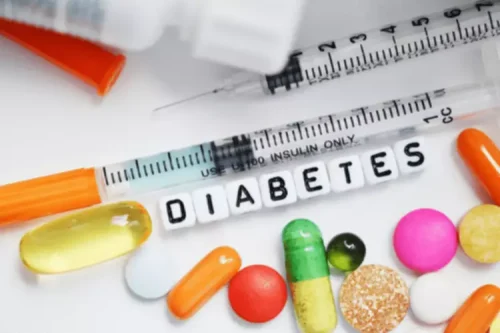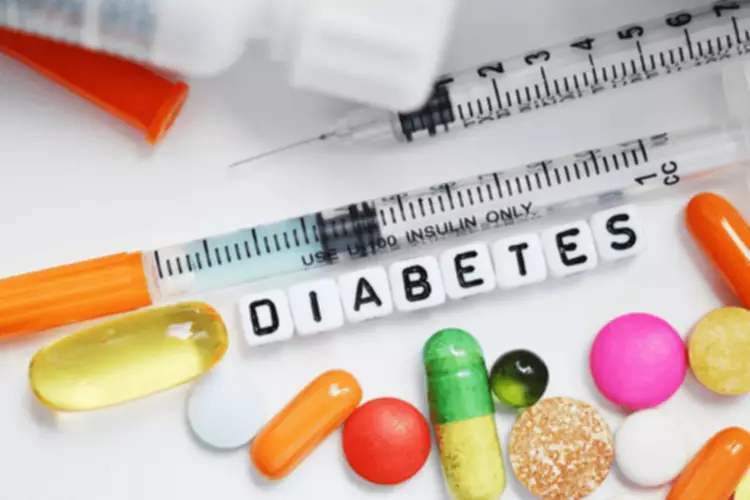
One such potential risk of alcohol use disorder is alcoholic cardiomyopathy, a condition that can lead to alcoholic cardiomyopathy is especially dangerous because heart failure. If you drink heavily and have unexplained fatigue or shortness of breath that worsens over time, you should schedule an appointment with a doctor right away. The majority of the echocardiographic studies performed on asymptomatic alcoholics found only mild changes in their hearts with no clear impairment of the systolic function. For example, a slight increase in the pre-ejection period/left ventricular ejection time ratio (PEP/LVET) was found by some authors, suggesting a sub-clinical impairment of systolic function21,33. Mathews and Kino found a small, but significant increase in left ventricular mass in individuals consuming at least 12 oz of whisky during 6 years and 60 g of ethanol per day, respectively22,40. Finally, only Urbano-Márquez et al24 found a clear decrease in the ejection fraction, in a cohort of 52 alcoholics, which was directly proportional to the accumulated alcohol intake throughout the patients’ lives.

How does this condition affect my body?

While some consider that this toxin alone is able to cause such a disease18,19, others contend that it is just a trigger or an agent favouring DCM3,21,22. Pharmacologic therapy should include goal-directed heart failure therapy as used in idiopathic dilated cardiomyopathy with reduced ejection fraction. This includes a combination of beta-blockers, an angiotensin-converting enzyme inhibitor, diuretics, aldosterone receptor antagonist and angiotensin blocker-neprilysin inhibitor (if LVEF is less than or equal to 40%). The use of carvedilol, trimetazidine with other conventional heart failure drugs have been proven to be beneficial in some studies. The amount of alcohol consumed and for how long influences the risk of developing alcohol-induced cardiomyopathy. Up to 42 percent of people who keep drinking alcohol after being diagnosed with alcoholic cardiomyopathy will likely die within three years.4 However, the disease may be reversible if you stop drinking alcohol.
TREATMENT
- Not all treatments or services described are covered benefits for Kaiser Permanente members or offered as services by Kaiser Permanente.
- This eventually limits the heart’s ability to pump oxygen-rich blood around the body.
- Our telemedicine practice offers convenient, compassionate care to help you manage your condition and live a healthier life.
However, ischemic heart disease often causes chest pain during physical activity or stress (angina), which is less common in alcoholic cardiomyopathy. Ischemic heart disease is also linked to risk factors like high cholesterol, high blood pressure, smoking, and diabetes, rather than alcohol use. Shortness of breath, or dyspnea, occurs in approximately 70-80% of patients with alcoholic cardiomyopathy. It is often one of the earliest symptoms and worsens as the disease progresses. Alcoholic cardiomyopathy weakens the heart muscle, reducing its ability to pump blood efficiently.

What are the symptoms?
Some studies have suggested that even moderation of alcohol consumption similar outcomes as compared to abstinence. S3 gallop sound along with apical pansystolic murmur due to mitral regurgitation is often heard. Your doctor might prescribe ACE inhibitors and beta-blockers to help lower your blood pressure. If your heart is severely damaged, your doctor may recommend an implantable defibrillator or pacemaker to help your heart work. You should also follow your drug addiction doctor’s guidance and advice on any treatments you receive. This includes taking your medication as instructed and eating a healthy diet.

If you or someone you know consumes large amounts of alcohol regularly, you should encourage them to try moderation or seek professional help to cut back or quit drinking. Unfortunately Lazarević et al23, as in most of these studies, systematically excluded patients with a history of heart disease or with HF symptoms. It is therefore possible that most of these studies may have also consistently omitted most alcohol abusers in whom alcohol had already caused significant ventricular dysfunction. Alcohol abuse has a toxic effect on many of your organs, including the heart. When it can’t pump out enough blood, the heart starts to expand to hold the extra blood.
